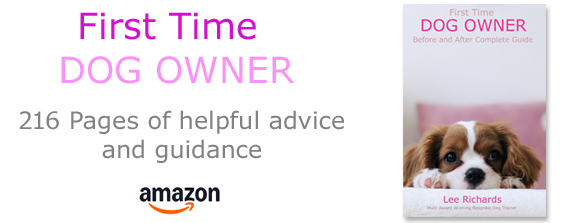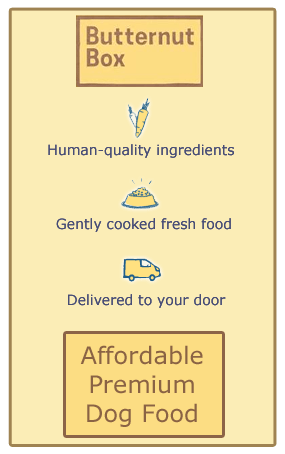When it comes to feeding your dog, it’s essential to understand that not all foods are created equal.
The debate between wet and dry dog food is one that pet owners grapple with frequently.
However, both types of food have their own unique benefits, and it often comes down to your dog’s nutritional needs and preferences.
WET OR DRY DOG FOOD?
Dry food, or kibble, is a popular choice for many dog owners.
Rich in carbohydrates, it provides a good source of energy for your pooch and also helps in maintaining oral hygiene, as the act of chewing dry food can assist in reducing plaque buildup.
Additionally, dry food is more economical and easier to store, making it a convenient choice for many households.
HIGH IN PROTEIN
Conversely, wet dog food, often packaged in cans or pouches, is high in protein and moisture.
The increased water content can be beneficial for dogs who don’t drink enough water, helping to keep them hydrated.
Wet food is typically more palatable and can be easier on the teeth and gums, which is particularly advantageous for older dogs or dogs with dental issues.
WET AND DRY
There’s also a third option – a mixed diet.
This approach combines the benefits of both wet and dry food.
Offering a mix can help ensure a balanced diet, catering to different nutritional needs.
For example, you can use dry food as a base for steady energy throughout the day, while supplementing with wet food to increase protein intake and hydration.
The combination can also cater to picky eaters, as the mix of textures and flavors can make meals more enticing.
HEALTHY BALANCED DIET
Regardless of the type of food you choose, the most important factor is ensuring that your dog maintains a balanced diet.
Dog food should be rich in protein, carbohydrates, and healthy fats.
It should also contain essential vitamins and minerals to support their immune system and overall health.
DOG DIET CONSIDERATIONS
Before making a decision, it is advisable to consult with a veterinarian.
Different breeds, life stages, and health conditions may require specific dietary considerations.
A professional can guide you in choosing the most suitable food for your furry friend.
EVERY DOG IS DIFFERENT
Remember, every dog is unique and what works for one may not work for another.
What’s most important is that the food you choose promotes good dog health.
Observing your dog’s reactions to different foods, noting any changes in their weight, coat condition, energy levels, and stool consistency can help you gauge whether their diet suits them.
PERSONAL CHOICE
There’s no definitive answer whether wet, dry, or a mixed diet is best for your dog.
It largely depends on factors like your dog’s age, health, and personal preferences.
By keeping your dog’s well-being at the forefront, you’ll be able to make the best dietary choices for them.









